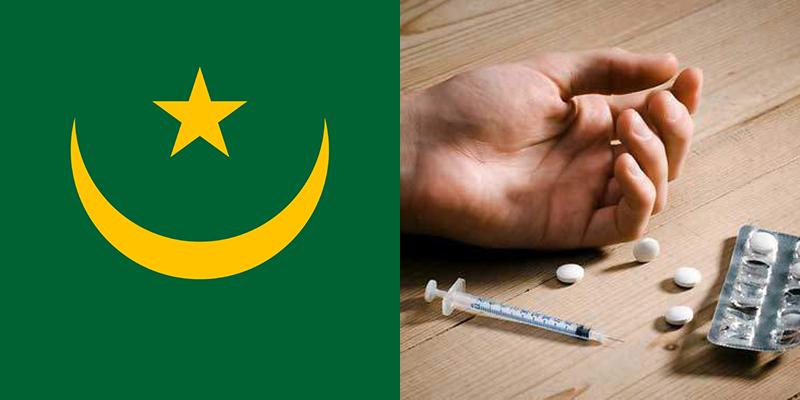
A Growing Crisis in Mauritania’s Pharmaceutical Sector
Mauritania is currently grappling with a deepening crisis in its pharmaceutical sector, driven by widespread concerns over counterfeit drugs, cross-border smuggling, and limited adherence to medical prescriptions. These issues have significantly eroded public confidence in the availability and quality of locally produced medicines, prompting some patients to turn to relatives in neighboring countries like Morocco for essential medications.
The parallel drug market has further complicated the situation, with intermittent shortages and disrupted supply chains undermining trust in the effectiveness of available medicines. This has created an environment where patients are increasingly skeptical about the reliability of their local healthcare system.
Dr. Abi Cheikh El Khou, a pharmaceutical expert and technical adviser to Mauritania’s Ministry of Health, highlighted that combating counterfeit and falsified medications is a top national priority. He emphasized that the president has committed to upholding legal procedures in the pharmaceutical field, ensuring that quality medicines are accessible at affordable prices.
To address these challenges, the Health Ministry has established a technical committee tasked with diagnosing key issues affecting the sector. The committee identified several critical problems, including gaps in legal frameworks, inconsistencies in drug quality and registration, weak regulatory oversight, and rampant smuggling activities.
In response, Mauritanian authorities have taken steps to centralize drug importation through only two official entry points: Nouakchott International Airport and Nouakchott Port. Any medications entering the country outside these channels are classified as contraband, aiming to curb illegal trade and ensure proper regulation.
Additionally, the central procurement agency for medical supplies has received increased funding and staffing to enhance its capacity and efficiency. This move is intended to strengthen the government's role in ensuring a stable and reliable supply of medicines.
Sheikh Saadbouh Mahmoud Kabo, president of the “Amal” association for pharmaceutical professionals in Mauritania, acknowledged that the country relies heavily on imported pharmaceuticals, similar to many African nations. However, he maintained that the quality of medicines sold in registered pharmacies remains high by continental standards.
Kabo downplayed reports of patients seeking drugs abroad, referring to them as “isolated incidents” linked to poor public awareness. He pointed out that some patients ignore their doctor’s prescriptions and opt for alternative drugs through acquaintances in other countries, even when the same medication is available locally.
He noted that many issues stem not from the quality of the drugs but from misuse. Patients often discontinue treatment once symptoms subside or alter dosages without medical advice. When the illness returns or worsens, they may blame the medication’s quality or switch physicians.
Kabo stressed the importance of coordination among stakeholders in the health and pharmaceutical sectors, including public agencies, professional associations, and civil society groups. He emphasized the need to promote awareness about the importance of following proper medical advice and prescriptions.
Ahmed Ould El Nahi, secretary general of the Mauritanian Consumer Forum, also confirmed that patients sometimes turn to relatives in Morocco, Algeria, Tunisia, or Senegal to obtain medicines during temporary shortages. However, he insisted that this approach cannot replace a robust national market.
“This approach may provide short-term relief but cannot meet large-scale needs due to logistical limitations,” Ould El Nahi said. He noted that the government is launching a wide-reaching campaign to monitor the quality of imported and distributed drugs.
He also called for the establishment of locally regulated pharmaceutical manufacturing facilities, secure supply chains, improved storage infrastructure, and strict monitoring of distribution. “Violations must be met with firm legal consequences to protect public health,” he added.
